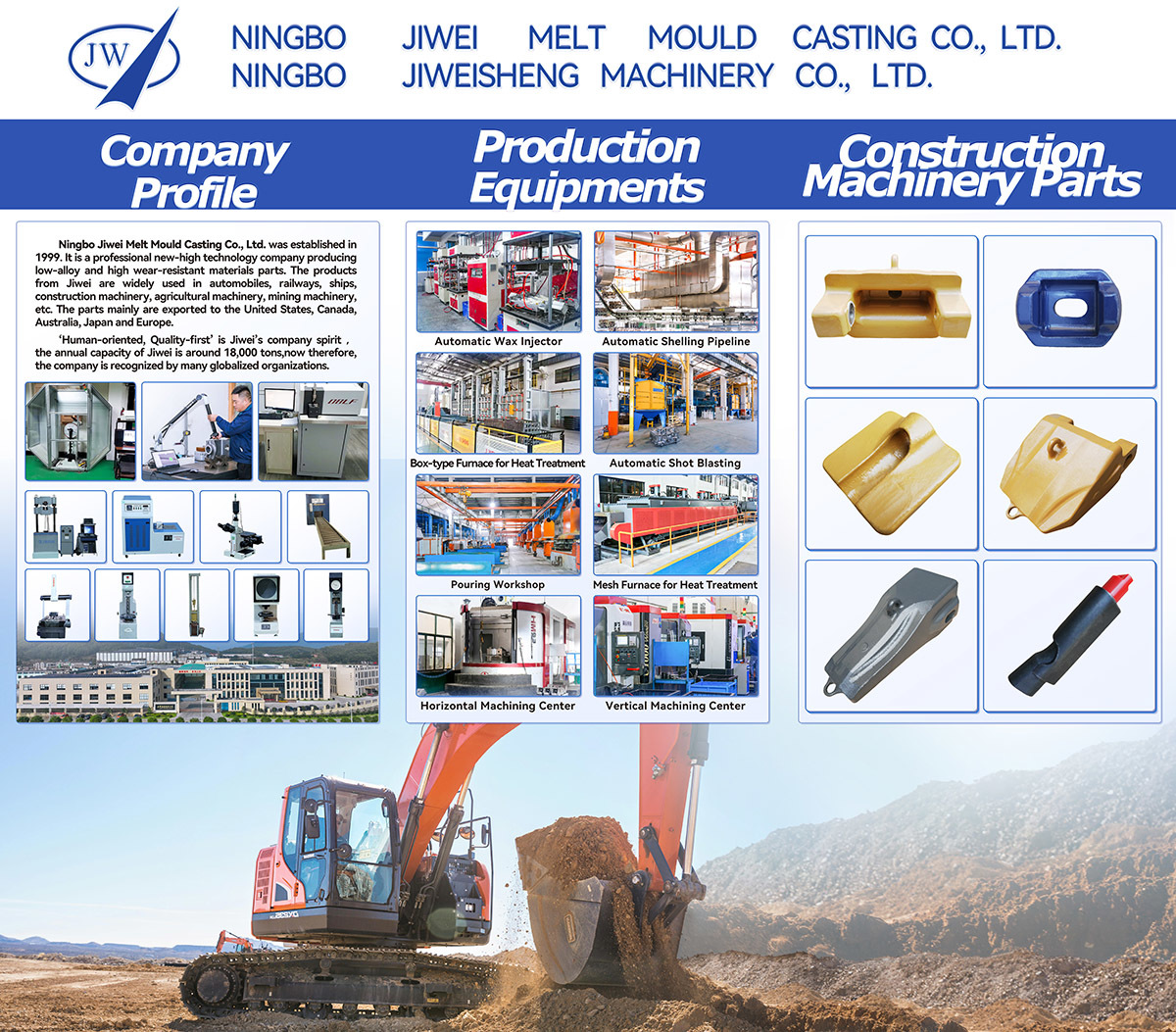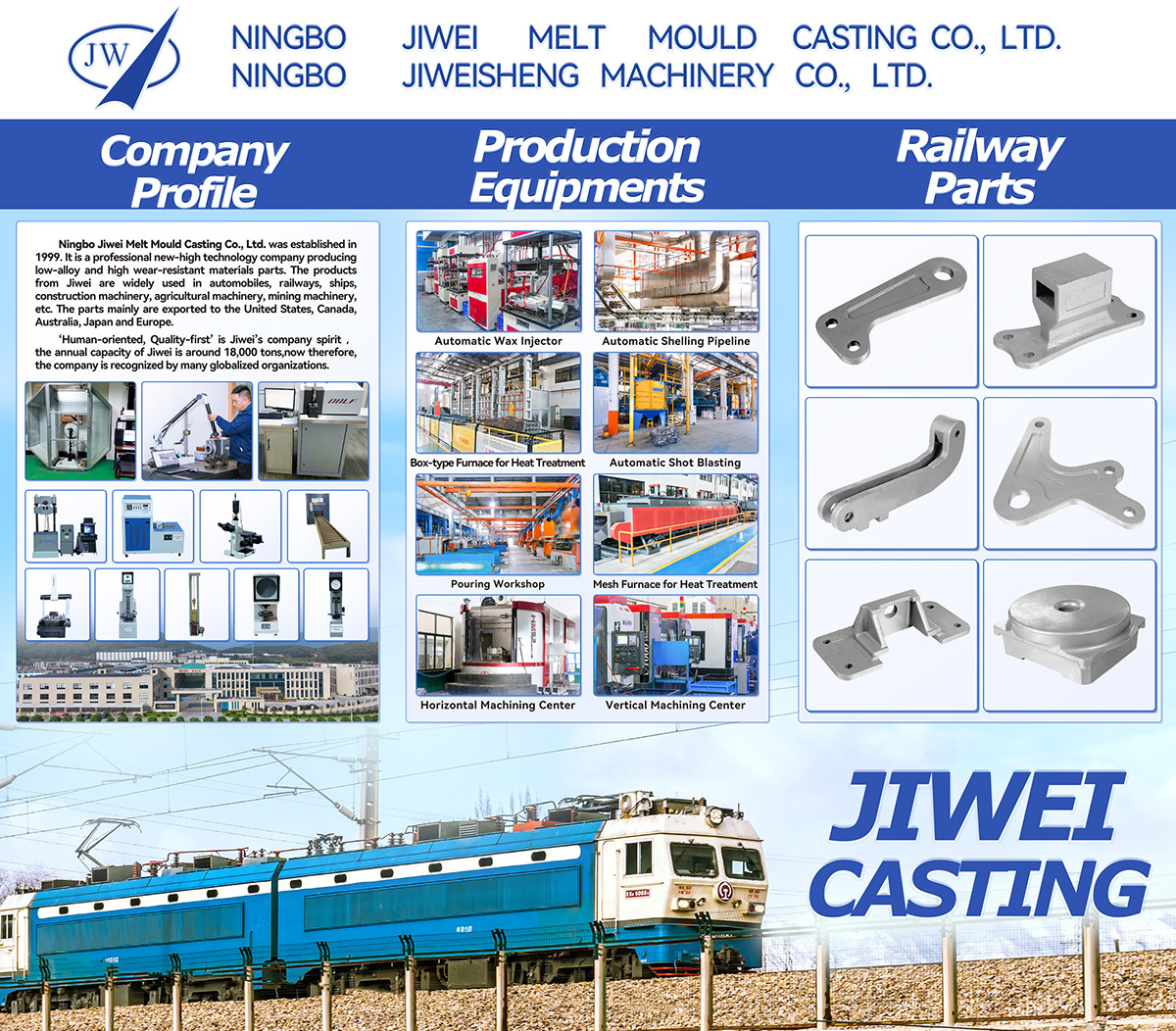15 Sep,2025
Auto Parts: The Unsung Heroes of Your Car's Maintenance Routine
Auto Parts: The Unsung Heroes of Your Car's Maintenance Routine Understanding the Importance of Auto Parts in Vehicle Maintenance When it comes to vehicle maintenance, many drivers focus primarily on the engine or the tires. However, **auto parts** are the unsung heroes that ensure your vehicle operates efficiently and safely. Each component plays a unique role, contributing to the overall per
Auto Parts: The Unsung Heroes of Your Car's Maintenance Routine
Understanding the Importance of Auto Parts in Vehicle Maintenance
When it comes to vehicle maintenance, many drivers focus primarily on the engine or the tires. However, **auto parts** are the unsung heroes that ensure your vehicle operates efficiently and safely. Each component plays a unique role, contributing to the overall performance of the car. From the braking system to the suspension, understanding these parts is crucial for vehicle longevity and reliability.
Table of Contents
- What Are Auto Parts?
- Types of Auto Parts: A Comprehensive Overview
- Critical Auto Parts and Their Functions
- How to Choose Quality Auto Parts for Your Vehicle
- Common Mistakes When Choosing Auto Parts
- Maintenance Tips for Auto Parts
- Signs Your Auto Parts Need Replacement
- The Environmental Impact of Auto Parts
- FAQs
What Are Auto Parts?
**Auto parts** refer to the various components that make up a vehicle. These parts are manufactured to work together, providing a safe and efficient driving experience. They can be categorized into two main types: **original equipment manufacturer (OEM)** parts and **aftermarket parts**. OEM parts are made by the vehicle's manufacturer, ensuring a perfect fit and compatibility. In contrast, aftermarket parts are produced by third-party companies and can offer different price points and quality.
Types of Auto Parts: A Comprehensive Overview
Understanding the different types of auto parts can help you make informed decisions regarding your vehicle maintenance. Here are some essential categories:
1. Engine Components
The engine is the heart of your vehicle. Key components include the **engine block**, **cylinders**, **pistons**, and **valves**. Regular inspection and replacement of worn parts are vital to keep your engine running smoothly.
2. Transmission Parts
The **transmission** transfers power from the engine to the wheels. Essential parts include the **clutch**, **gears**, and **transmission fluid**. Ensuring these components are in good condition is crucial for smooth gear shifts.
3. Brake System Components
Your safety relies heavily on the **brake system**. Critical parts include **brake pads**, **calipers**, **rotors**, and **brake fluid**. Keeping this system in top shape is non-negotiable for safe driving.
4. Suspension System Parts
The **suspension system** absorbs shocks and provides a smooth ride. Key components include **shocks**, **struts**, and **springs**. Regular maintenance ensures better handling and comfort.
5. Electrical Components
Modern vehicles rely heavily on electrical systems. Important parts include the **battery**, **alternator**, and **starter motor**. Ensuring these components function correctly is essential for reliable vehicle operation.
6. Exhaust System Parts
The **exhaust system** reduces emissions and noise. Key components include the **catalytic converter**, **muffler**, and **exhaust pipes**. A functioning system helps your vehicle meet environmental standards.
7. Cooling System Components
The **cooling system** prevents your engine from overheating. Important parts include the **radiator**, **water pump**, and **thermostat**. Regular checks can prevent engine damage due to overheating.
Critical Auto Parts and Their Functions
Understanding the function of critical auto parts can enhance your maintenance routine. Here’s a closer look at some vital components:
1. Engine Oil Filter
The **engine oil filter** removes contaminants from engine oil, ensuring smooth operation. Changing the oil filter regularly is essential for maintaining engine health.
2. Fuel Filter
The **fuel filter** prevents debris from entering the engine. A clogged fuel filter can lead to performance issues, making timely replacement crucial.
3. Air Filter
The **air filter** ensures clean air enters the engine for combustion. A dirty air filter can affect engine performance and fuel efficiency.
4. Tires
Tires are essential for safety and performance. Regularly checking tire pressure and tread depth can prevent accidents and improve fuel efficiency.
How to Choose Quality Auto Parts for Your Vehicle
Selecting the right auto parts is vital for the performance and safety of your vehicle. Here are some tips for choosing quality parts:
1. Research Reputable Brands
Look for well-known brands with positive reviews. Quality brands often offer warranties, indicating confidence in their products.
2. Check Compatibility
Ensure that the parts you choose are compatible with your specific vehicle make and model. You can find this information in the owner’s manual or through online resources.
3. Consider Your Driving Style
Your driving habits may dictate the type of parts you need. For instance, if you drive aggressively, you might require higher-performance components.
4. Seek Professional Advice
Consulting with a professional mechanic can provide valuable insights into which parts are best for your specific needs.
Common Mistakes When Choosing Auto Parts
Avoiding common pitfalls can save time and money. Here are frequent mistakes people make:
1. Ignoring Quality for Price
While budget constraints are understandable, opting for the cheapest parts often leads to more significant issues down the line. Investing in quality pays off in the long run.
2. Overlooking Installation Requirements
Some auto parts require specialized tools or expertise for installation. Failing to consider this can lead to improper installation and potential vehicle damage.
3. Not Reading Reviews
Ignoring customer reviews can result in purchasing subpar parts. Always take the time to read feedback from other consumers.
Maintenance Tips for Auto Parts
Regular maintenance can extend the life of your auto parts. Here are some effective tips:
1. Routine Inspections
Performing regular inspections of your vehicle can help identify worn or damaged parts before they lead to severe issues.
2. Change Fluids Regularly
Engine oil, transmission fluid, and coolant levels should be monitored and changed according to the manufacturer's recommendations.
3. Keep Your Vehicle Clean
Regular cleaning helps prevent corrosion and wear on various components. Ensure dirt and grime do not accumulate on critical parts.
4. Listen for Unusual Noises
Pay attention to any strange sounds while driving. Unusual noises can indicate a problem with one or more auto parts.
Signs Your Auto Parts Need Replacement
Knowing when to replace auto parts can help you avoid breakdowns. Look for these signs:
1. Warning Lights
Dashboard warning lights are often indicators that something is wrong with your vehicle. Address these warnings promptly.
2. Decreased Performance
If your vehicle experiences a decline in performance, such as poor acceleration or handling, it may be time to check your auto parts.
3. Unusual Vibrations
Vibrations while driving can indicate issues with the tires, suspension, or other components. Investigate any unusual sensations immediately.
The Environmental Impact of Auto Parts
Understanding the environmental implications of auto parts is essential in today’s eco-conscious society.
1. Recycling and Disposal
Many auto parts can be recycled, reducing landfill waste. Always dispose of old parts responsibly, following local regulations.
2. Choosing Eco-Friendly Options
Look for parts made from sustainable materials or those that promote better fuel efficiency, reducing your overall carbon footprint.
FAQs
1. How often should I replace my auto parts?
The replacement frequency varies by part and vehicle type. Regular inspections and following the manufacturer's guidelines are recommended.
2. What are OEM parts, and are they worth the investment?
OEM parts are made by the vehicle manufacturer and ensure a perfect fit. They may be more expensive but often provide better reliability.
3. Can I install auto parts myself?
While some parts can be installed by DIY enthusiasts, others may require professional installation to ensure safety and proper function.
4. What are aftermarket parts, and are they reliable?
Aftermarket parts are produced by third-party manufacturers. They can vary in quality, so it's essential to research brands before purchasing.
5. How can I extend the life of my auto parts?
Regular maintenance, inspections, and using quality parts can significantly extend the lifespan of your vehicle's components.
Conclusion
In conclusion, understanding the **unsung heroes** of your car's maintenance routine is crucial for ensuring a safe and efficient driving experience. By choosing quality auto parts, maintaining them regularly, and recognizing the signs of wear, drivers can enhance their vehicle's performance and longevity. Whether you’re a seasoned car enthusiast or just starting to learn about vehicle maintenance, appreciating the role of auto parts will empower you to take better care of your vehicle. Taking the time to understand and respect these components will not only save you money in the long run but also ensure that your journeys are safe and enjoyable.







